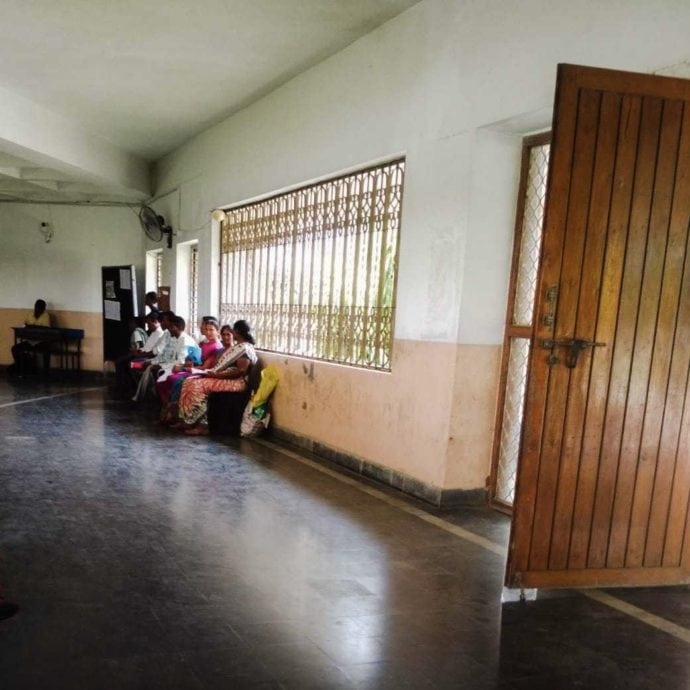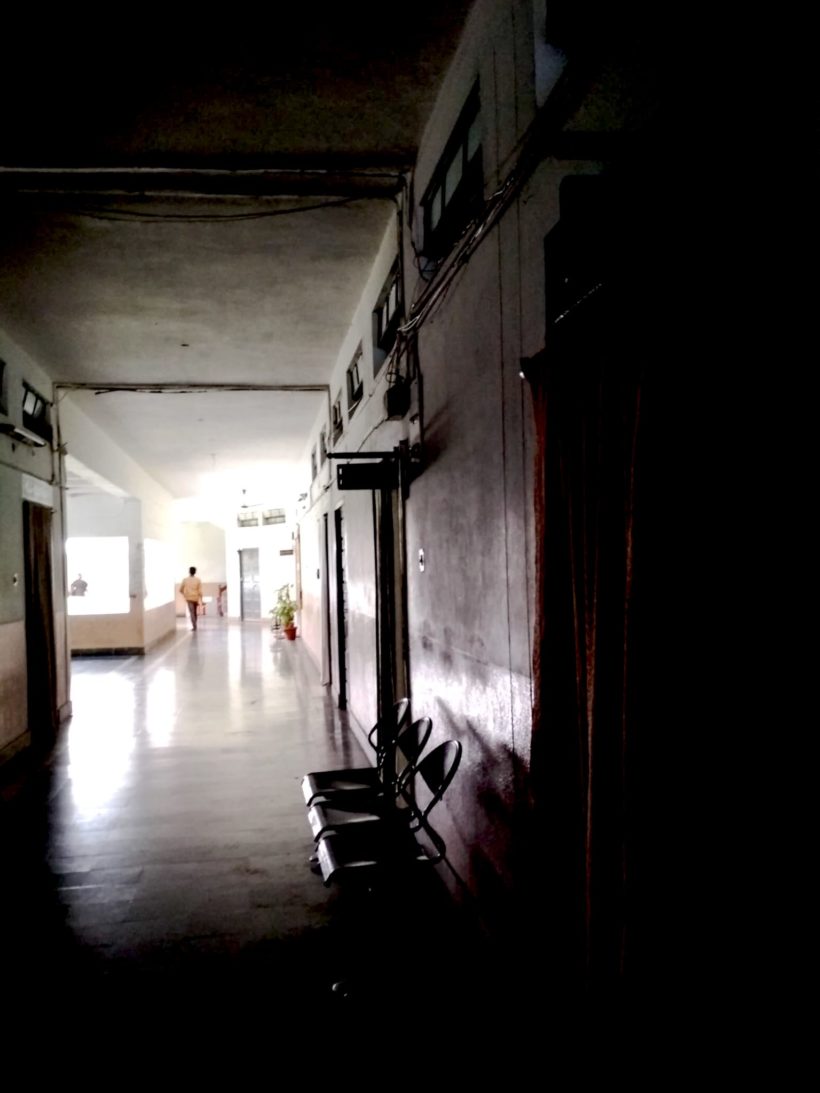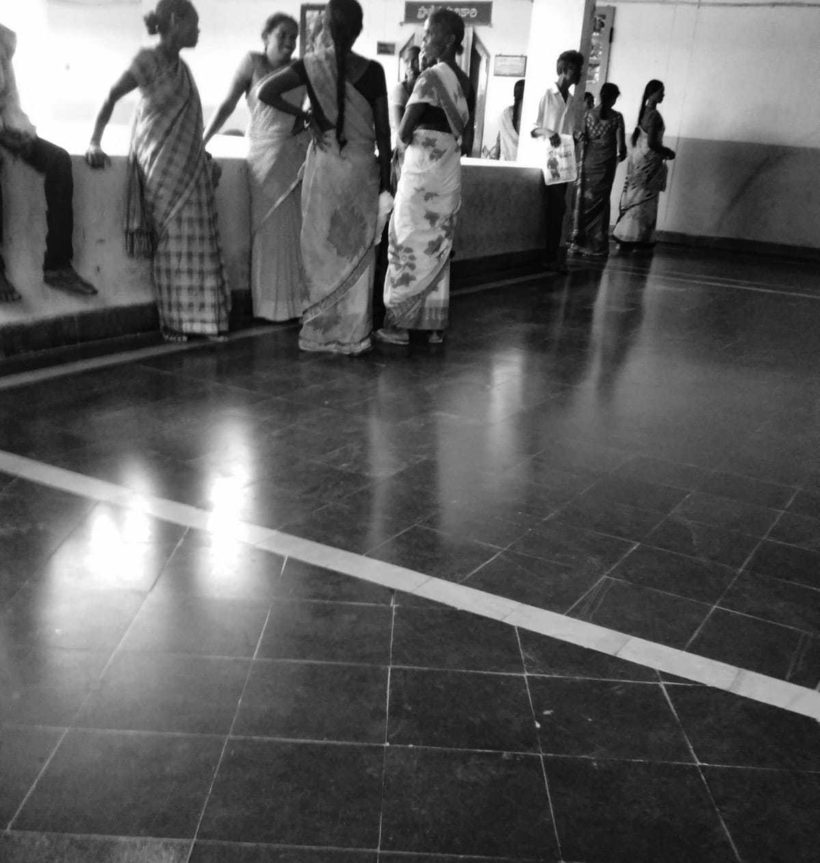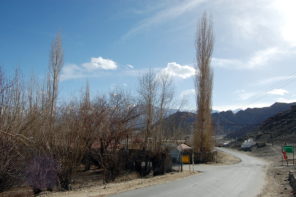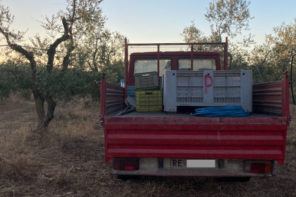Several weeks into my fieldwork at one of the Integrated Tribal Development Agencies (ITDA) in Telangana, a federal state in India, I couldn’t shake the feeling that I had wasted a lot of time waiting. ITDAs are bureaucracies tasked with enhancing the welfare of adivasi or tribal communities and catering to their needs. At the ITDA, I spent Mondays attending grievance hearings or Prajavāni; Tuesdays, Thursdays and Fridays observing hearings and court procedures on land disputes; and Wednesdays interacting with bureaucrats, government functionaries, and adivasis. Conducting institutional ethnography in/of a state bureaucracy means that somewhere one accepts that waiting is part of the process. Yet, it took me a while to come to terms with waiting and see it as more than a waste of time. This piece takes seriously the temporal dimensions of fieldwork and reflects on what considering waiting as productive fieldwork means for our understandings of ethnographic research.
That fieldwork has its pace—its unique ebbs and flows, lulls and activity—is known and widely acknowledged. Doctoral fieldwork sits uneasily here: on the one hand, the PhD programme limits the duration of fieldwork and therefore, time is of the essence; on the other hand, precisely because of how fieldwork unfolds, waiting is part and parcel of the process. In such contexts, it is but natural to be anxious about the time ‘lost’ to waiting, so to speak. I found myself in this situation in 2019 too, and it forced me to approach waiting critically and analytically.
Waiting is, in many ways, a state of consciousness.
Anthropological scholarship has long been interested in waiting, albeit for the most part the waiting of our interlocutors. Waiting has been seen as a way in which people and institutions exercise power and dominance (Auyero 2011; Bourdieu 2000; Schwartz 1974); it is also viewed as a space of possibility, where relations are built, upended, altered and even transformed. As Janeja and Bandak (2018, 5) argue, waiting is a distinct way of inhabiting time. While some may choose to sit or remain stationary, more often than not, we pace, talk, fidget with our devices, doodle or even engage in timepass Waiting is, in many ways, a state of consciousness, where one is unceasingly thinking about the wait while also ‘constantly updating oneself of the social and political condition waiting has imposed’ (Khosravi 2021, 17).
Waiting is also processual and relational. On the one hand, waiting allows people ‘create or mobilise a set of relations or networks that allow for them to spend long hours’ (Auyero 2011, 14); on the other hand, waiting also brings with it ‘uncertainty, confusion, and arbitrariness’ (2011, 14). For Bourdieu (2000), waiting is a form of social domination and control. Power is imposed by ‘making people wait’, by ‘delaying without destroying hope’, and by ‘adjourning without totally disappointing’ (Bourdieu 2000, 227-228). Carswell et al. (2019, 598), for example, reason that waiting practices of ‘poor low-class Dalit and Muslim Indians’ reveal how citizenship is experienced, negotiated and established. Focussing on different forms of waiting— ‘chronic’, ‘on the day’ or short-term, and ‘to and fro’ waiting— they show that spatial-temporal practices of waiting are deeply striated along the lines of race, caste, gender, class and more. Waiting, thus, ‘is patterned by the distribution of power in a social system’ (Schwartz 1974, 843). Who is able to wait, for how long, and at what costs depends on socio-political relations and circumstances.
While indeed these works discuss waiting to better understand the experiences of power, uncertainty, doubt, hope and even desire in the contexts of our interlocutors, there has been little engagement about our practices of waiting, its pervasiveness in fieldwork and how it shapes our own experiences, interactions and understandings of the field. Taking seriously how fieldwork (and anthropology) unfolds in time allows us to engage with the generative qualities of waiting—be it building alliances, recalibrating power relations, or even observing otherwise overlooked details or nuances. Palmer, Pocock and Burton’s (2018) work is a step in this direction. Building on the concept of interstitial time (Gasparini 1995), Palmer et al. discuss how ‘reflective and self-aware waiting’ has the potential to facilitate a ‘power exchange between the researcher’ and their interlocutors (2018,3). Here, the authors particularly draw attention to the ‘changes in affective relations’ when fieldworkers and researchers submit to waiting. By waiting for our interlocutors, but also, more importantly, ‘waiting upon’ them, we open ourselves to the potent transformative potential time embodies. A recent essay by Josephine Chaet, similarly, draws attention to ‘the function of waiting in anthropological fieldwork’ (2021). Waiting permitted her to examine the gendered dimensions of fieldwork in non-governmental organisations, and it shaped her relationship with her interlocutors and opened up avenues for exploring ‘(non)activity’ in these spaces. Thus, waiting, in her case, was not simply passive; it was active and dynamic.
For me, waiting opened up the possibility to explore how corridors, seemingly in-between spaces, operated as important avenues of mediation in the ITDA, particularly for adivasi women. For instance, I waited for court proceedings, for grievance redressal sessions or for official meetings to commence so that I could observe how bureaucrats and other government functionaries interacted with adivasis and dealt with their issues, particularly related to land disputes. Adivasis, on the other hand, were waiting to submit their petitions, to meet with government officials to impress upon them the importance of their concerns, to participate in court proceedings as either defendants or plaintiffs, and to mostly get work done by repeatedly showing up (Carswell et al. 2019). The differences that underpin the nature of our waits are important: I waited, in anticipation, for something to happen, whereas adivasis waited to meet with specific government officials or participate in distinct processes so as to determine if some action would be taken in response to their concerns. In Khosravi’s words, though ‘we all wait, we wait differently’ (2021, 13). It is this shared, albeit dissimilar, experience of waiting that permitted me to comprehend how affective exchanges circulated within spaces of waiting. Thus, rather than seeing ‘waiting’ in fieldwork as a waste of time or another lost opportunity, I began considering the ‘analytical possibilities’ it had to offer (Chaet 2021). What role does waiting play in fieldwork? How may our act of waiting, during fieldwork, create opportunities to understand institutional and social arrangements and everyday negotiations in ways we may not otherwise?
Waiting, Writing and Conversation
On entering the ITDA, one encountered a quadrangle. The corridors along this space were where most of us waited—there were a few chairs and a big notice board. From here, one could see the doors leading to the office of the highest ranking officer, the ITDA’s reception, where a few lower-level government officials could usually be seen chatting, as well as observe who walked in and out of the building. These little nuggets of information allowed those of us waiting to gauge if officers were in their rooms, if they were busy, how long they took to meet people and if they were busy with meetings or other administrative activities.
One day, having seen me wait in the corridor for hours, a clerk I had come to know told me that here was ‘no point waiting’. He said, ‘nothing is going to happen… you are only going to waste time by sitting here’, in an effort to convince me of the futility of my wait. Throughout the rest of the afternoon, he made it a point to exchange a few words before going about his usual tasks. Adivasis who were also waiting in this corridor noticed this. At one point, some adivasi women approached me and asked if I worked at the ITDA. They wanted to know if I came to this organisation regularly and if I could assist them with the petitioning process. I clarified that I was only a researcher working on adivasis’ land rights and the ITDA’s functioning, and that I was also waiting for my turn to meet with government officials to gather information. I also indicated that I had no authority or power to intervene in the processes of the ITDA.
The shared experience of waiting, however dissimilar the reasons for waiting may be, had created an opportunity for affective exchanges and social interactions to occur between me, the clerk, and the adivasi women.
Though we had all been waiting since morning that day and had indeed exchanged smiles earlier, we had not spoken until then. The shared experience of waiting, however dissimilar the reasons for waiting may be, had created an opportunity for affective exchanges and social interactions to occur between me, the clerk, and the adivasi women. The fact that the clerk spoke to me several times that day signalled to those around me that I could be well-connected in this bureaucracy, or at least someone who knew ‘the right people’. Without realising, I was being exposed to how informal negotiations and mediations unfolded in the ITDA as people tried to navigate the bureaucracy.
As we continued to chat, Damu — one of the three adivasi women from the group — asked me if I could give them my phone number. She indicated that each visit to the ITDA cost them considerably— in terms of time, money and labour. Aside from having to travel long distances, most of them lost out on a day’s wage. Not knowing whether or not the bureaucrats they wanted to meet were in station meant that they faced the risk of their efforts leading to nought. As women, moreover, they faced another hurdle. Since most clerical staff and lower-level government functionaries were men, they found it difficult to ask for numbers and build networks within the ITDA that would help them plan their visits to this bureaucracy, which was located no less than 70 kilometres away from their homes. While over the course of my fieldwork I had noticed men — adivasi and non-adivasi — chat with government functionaries and exchange numbers while they waited — sometimes even buying tea for them or sharing food — women waited differently.
Damu told me that having my phone number would allow them to ‘confirm if officers were around’. Since I knew senior bureaucrats and lower-level government functionaries at the ITDA and was at this building regularly, Damu said that I could relay information to them so that they could avoid a ‘wasteful journey’. This was an important moment of reflection for me for it allowed me to realise how adivasis navigated and minimised wait times, and mediated the bureaucracy by building networks, as well as the institutional and social conditions that waiting evoked. Having seen me wait in the corridors alongside them allowed Damu and her friends to also partake in a form of ‘network building’ that was not always available to them. Damu and I kept in touch through the remainder of my fieldwork and indeed, she would ask me if I could gather information about the availability of certain bureaucrats or if they were meeting with other petitioners. Here, the common experience of waiting, albeit for different purposes and people, played an important role in relationship-building. On other occasions, my apparent ethnographic waiting time afforded adivasis the opportunity to ask me to assist with writing or paperwork. Sometimes, this involved filling in forms, while at other times I was asked to speak with the office clerks to request staplers, paperclips or other stationery. These actions — of writing, sharing pens, finding paper tags — which were rendered possible because of waiting, also had the impact of making us feel more at ease with conversation, allowing me to learn about the informal arrangements through which adivasis navigate and mediate their daily interactions within the ITDA.
The Worth of Waiting
Viewing waiting as productive fieldwork allows us to engage with the temporal realities of fieldwork and seeming unproductiveness. While in some instances waiting may help build relationships and foster enduring horizontal alliances with our interlocutors, in other cases, it creates opportunities for us to understand institutional and social arrangements, everyday negotiations, and mediations. Focussing on the methodological possibilities waiting has to offer allows us to move away from a view of fieldwork as one that privileges overt action. It helps us normalise the apprehensions that come with ‘nothing happening’ or slowness. By treating waiting as infused with possibility, we account for its potential to refashion or even enhance the praxis of ethnographic fieldwork as it unfolds in entangled registers of time — ours, our interlocutors, and more.
References
Auyero, Javier. 2011. ‘Patients of the State: An Ethnographic Account of Poor People’s Waiting’. Latin American Research Review 46 (1): 5–29.
Bandak, Andreas, and Manpreet K. Janeja. 2018. ‘Introduction: Worth the Wait’. In Ethnographies of Waiting: Doubt, Hope and Uncertainty, 1–39. Routledge.
Bourdieu, Pierre. 2000. Pascalian Meditations. California: Stanford University Press.
Carswell, Grace, Thomas Chambers, and Geert De Neve. 2019. ‘Waiting for the State: Gender, Citizenship and Everyday Encounters with Bureaucracy in India’. Politics and Space 37 (4): 597–616.
Chaet, Josephine. 2021. ‘Waiting for Something to Happen: Encountering Gendered Temporality in Anthropological Fieldwork’. The New Ethnographer (blog). 29 April 2021. .
Gasparini, Giovanni. 1995. ‘On Waiting’. Time & Society 4 (1): 29–45. .
Janeja, Manpreet K., and Andreas Bandak, eds. 2018. Ethnographies of Waiting: Doubt, Hope and Uncertainty. London: Routledge.
Khosravi, Shahram, ed. 2021. Waiting – A Project in Conversation. Culture and Theory 243. Verlag, Bielefeld: Transcript Publishing.
Palmer, Jane, Celmara Pocock, and Lorelle Burton. 2018. ‘Waiting, Power and Time in Ethnographic and Community-Based Research’. Qualitative Research 18 (4): 416–32. .
Schwartz, Barry. 1974. ‘Waiting, Exchange, and Power: The Distribution of Time in Social Systems’. American Journal of Sociology 79 (4): 841–70.

